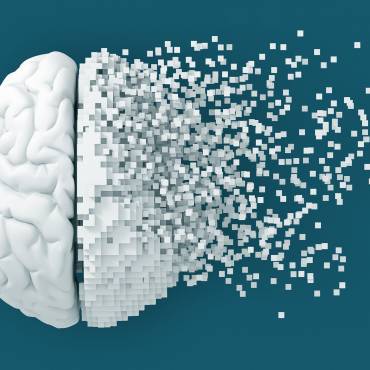According to research studies, some foods can increase the risk of Alzheimer’s disease. So, it is crucial to limit or remove such foods from a senior’s diet and follow a healthy diet for Alzheimer’s.
All people with Alzheimer’s need to eat a highly nutritious and well-balanced diet to maintain a healthy body. A healthy diet does more than maintaining healthy body weight. Yours have been hearing for years about the impact of a good and bad diet on our life, but there’s more. Recently, research studies have shown how certain foods contribute to an increased risk of Alzheimer’s disease. These studies have revealed that poor diet impacts memory and increase a person’s risk of developing Alzheimer’s.
The brain needs fuel in the form of healthy fats, lean proteins, adequate vitamins, and minerals. Having an inadequate amount of these foods and eating processed foods, complex carbohydrates, and refined sugar triggers the production of toxins in the body. The production of toxins contributes to inflammation, the build-up of plaques in the brains, which ultimately results in impaired cognitive function.
Foods that bring Memory Loss
Common foods such as pasta, processed meats, white bread, and cheeses, all have been linked to impaired cognitive function. Check out the list of foods that are considered worst for your brain:
- Sugar- High intake of sugary drinks like energy drinks, fruit juice, sports drinks, and soda not only cause you to gain weight but also increase your risk of type 2 diabetes and heart disease. Sugar also causes a significant reduction in brain function. Excessive consumption of sugary drinks increases the risk of developing type 2 diabetes. Studies found that sugar consumption results in insulin resistance. Regular intake of insulin spiking foods can cause dementia symptoms.
- Processed foods- Highly processed foods such as sweets, microwave, noodles, chips, ready-made meals, and store-bought sauces. These foods tend to have more calories and fewer nutrients. These same foods not only expand your waistline but also impaired brain function. A research study found that increased fat around the organs is associated with brain tissue damage. What affects the brain is the nutrient composition of processed foods. It is believed that a diet high in unhealthy ingredients slows down the metabolism in the brain and decrease in brain tissue.
- Refined carbohydrates– Refined carbohydrates such as sugars and white flour tend to have a high glycaemic index. Your body digests these foods quickly, which cause a spike in your blood sugar and insulin levels. Foods with a high glycaemic load have been found to affect brain function. Many research studies revealed that higher intake of refined sugar and fats affect memory in both adults and children. Foods that have a lower glycaemic load include fruits, vegetables, whole grains, and legumes.
- Processed cheese– According to research studies, processed cheese products are closely related to Alzheimer’s disease. Processed cheese products include pre-wrapped sandwich slices and string cheese. A handful of nuts can be used as an alternative to sandwich slices. Nuts have been shown to boost brain health.
- White foods- This category includes white rice, white bread, pasta, and other foods that cause high blood sugar. Hike in blood sugar can cause inflammation in your body, which contributes to dementia symptoms. Serve your plate with a healthy salad that includes a lot of green leafy vegetables and chopped veggies. Garnish your salad with berries, and beans.
- Foods are high in trans fats-Animal products such as meat and dairy are a natural source of trans fat or unsaturated fat. Artificial trans fat can be found in frosting snack foods, prepacked cookies, ready-made cakes, and margarine. According to research studies, when we consume trans-fat, they tend to cause poor memory, cognitive decline, and lower brain volume. Therefore, this type of unsaturated fats needs to be avoided. They have a negative impact on other aspects of health, including the cardiovascular system.
All people need to eat well-balanced meals to maintain overall health. There is no need for a specific diet for Alzheimer’s disease unless other medical conditions such as high blood pressure, diabetes, or high cholesterol need to be controlled. Changing dietary habits is the best treatment for Alzheimer’s. Avoiding foods that induce memory loss and eating foods that improve memory and overall brain function is one of the simplest tricks to fight Alzheimer’s.
Also Read: Poor Sleep May Heighten Alzheimer’s Risk
Check out the list of foods that help boost memory for those with Alzheimer’s:
- Berries and dark-skinned fruits
- Green leafy vegetables
- Coffee
- Chocolate
- Cold-pressed virgin coconut oil
- Extra virgin olive oil
- Salmon and other cold fish.
People who eat these foods consistently over the years get the best protection again Alzheimer’s.



